Maharashtra creates exclusive cell for global Diaspora Affairs
The move marks the first time an Indian state has formed a department combining diaspora affairs, protocol, and investment outreach.
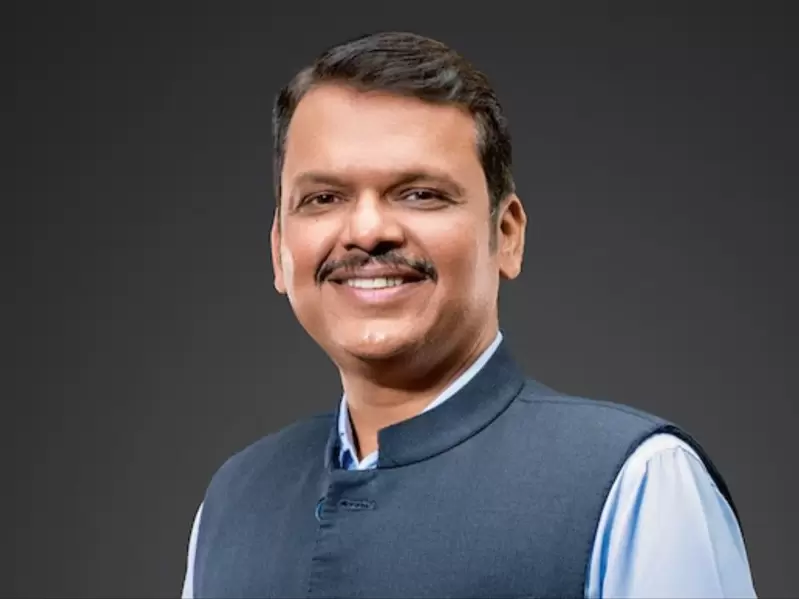 Devendra Fadnavis, Chief Minister of Maharashtra. / Facebook
Devendra Fadnavis, Chief Minister of Maharashtra. / Facebook
The Maharashtra government has established a new Department of Protocol, Foreign Direct Investment, Diaspora Affairs, and Outreach—becoming the first state in India to do so. The move, as per Deccan Herald, restructures the existing Department of Protocol to broaden its scope and strengthen the state’s global partnerships and investment prospects.
Chief Minister Devendra Fadnavis is said to have personally pursued the creation of the department with Prime Minister Narendra Modi and External Affairs Minister S. Jaishankar. The government hopes the initiative will serve as a model for other states looking to deepen international and diaspora ties.
ALSO READ: Indian Americans seen as increasingly ‘politically conscious’
In a related move, the state recently inducted Indian Foreign Service (IFS) officer Dr. Rajesh Gawande on deputation—an unprecedented appointment in India. Dr. Gawande, a 2009-batch IFS officer from Ahilyanagar, previously served as Regional Passport Officer and Head of the Branch Secretariat in Mumbai, and earlier in Indian missions in Nairobi, Kampala, and Berlin. This marks the first time an IFS officer has been deputed to a state government.
Meanwhile, The Hindu reported that the Maharashtra Cabinet also approved the vision document Developed Maharashtra 2047 on Oct. 29, 2025, outlining the state’s economic and developmental goals for 2030, 2035, and 2047.
Chief Minister Fadnavis, who chaired the cabinet meeting, said the document was prepared after consultations with over 700,000 stakeholders across departments to align the state’s progress with India’s national goal of becoming a developed nation by 2047. “This plan has been prepared after all the departments consulted at least 7 lakh stakeholders and considered their aspirations,” he said, adding that a Vision Management Unit will oversee its implementation.
The plan follows the Government of India’s Viksit Bharat 2047 initiative and defines three phases: a short-term vision for 2029, a medium-term for 2035, and a long-term for 2047. Sixteen sectoral groups contributed to the roadmap, spanning agriculture, industry, tourism, governance, and technology.
The new department and the long-term vision plan signal Maharashtra’s intent to consolidate global outreach while setting defined development milestones for the coming decades.
ADVERTISEMENT
ADVERTISEMENT
E Paper
Video



 Pranavi Sharma
Pranavi Sharma

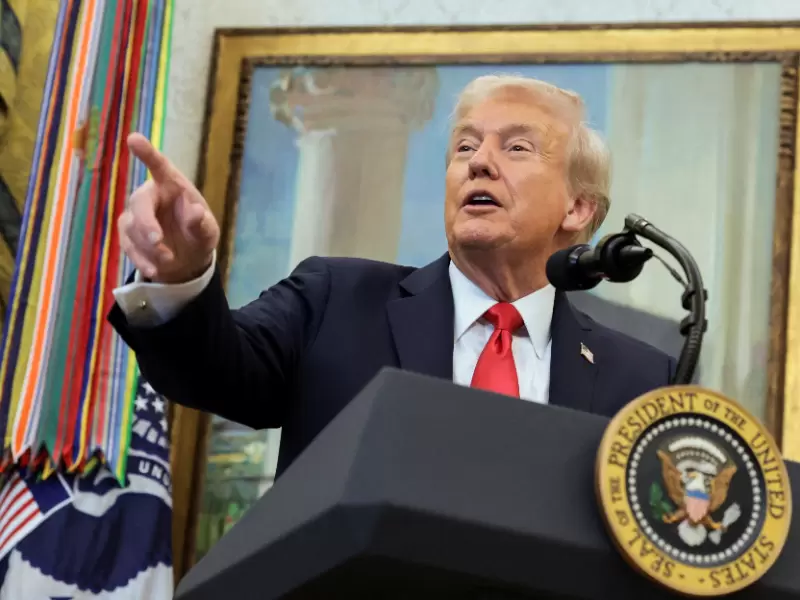
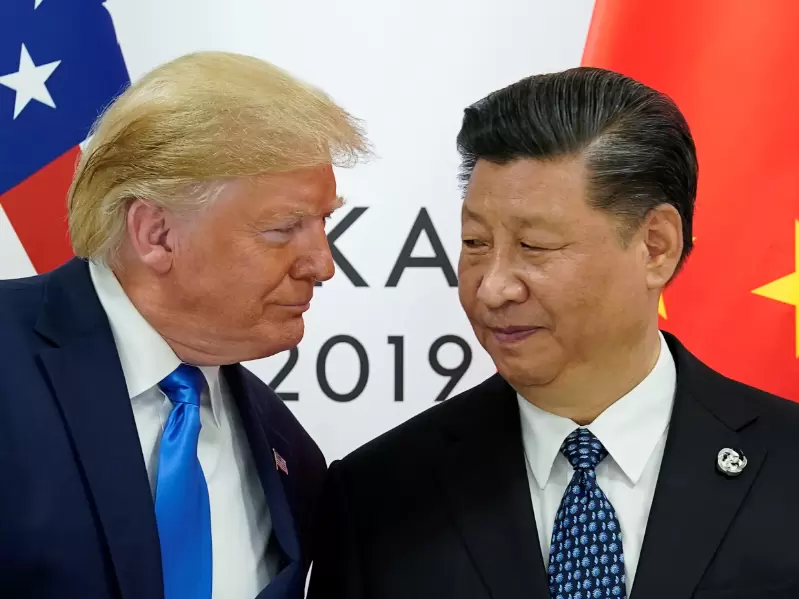
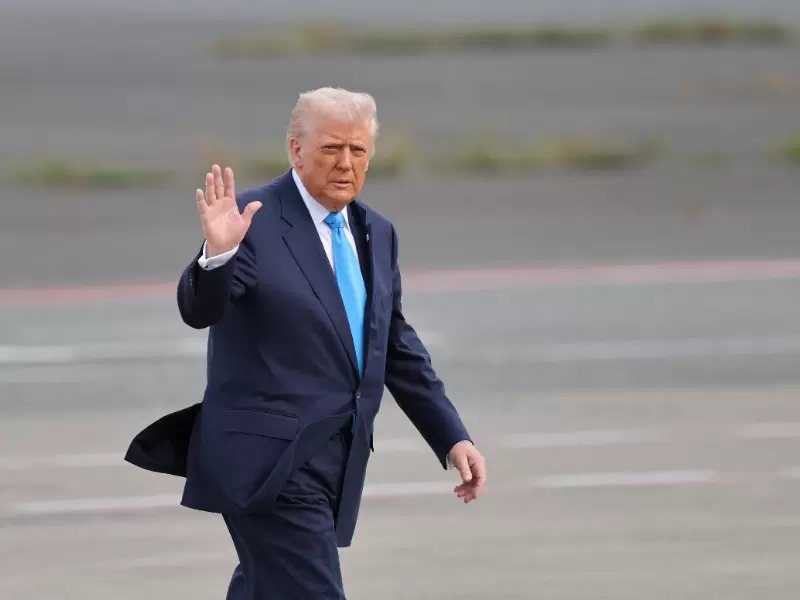
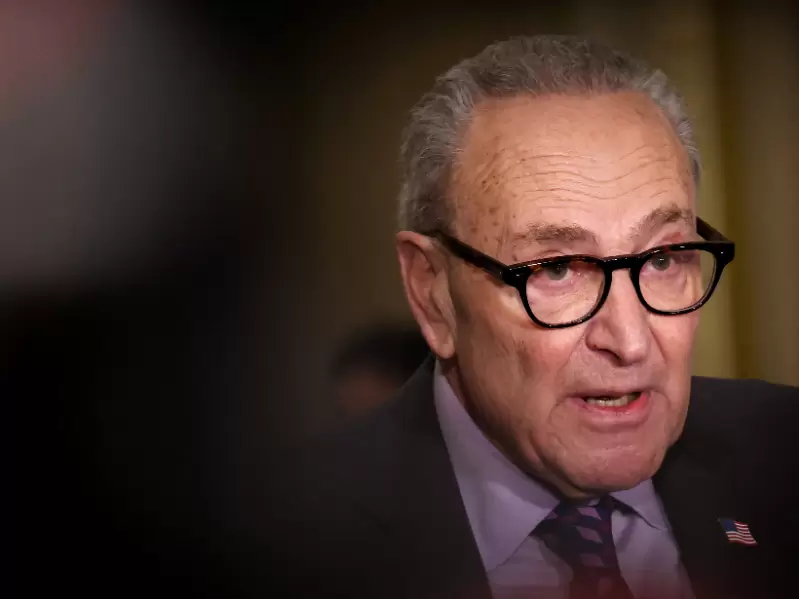

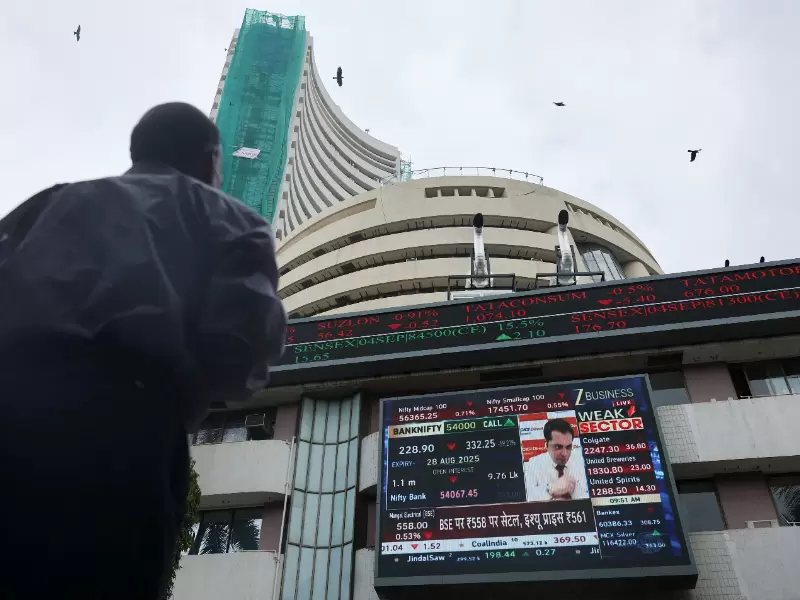
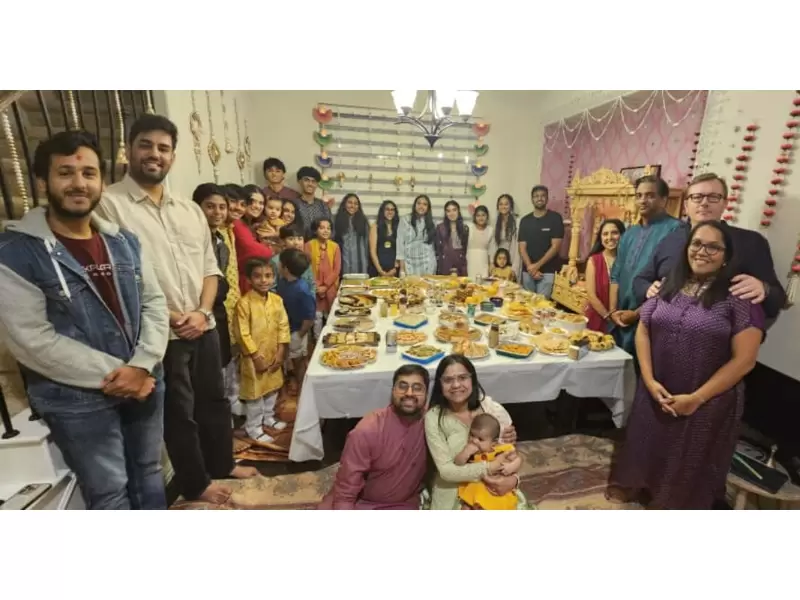
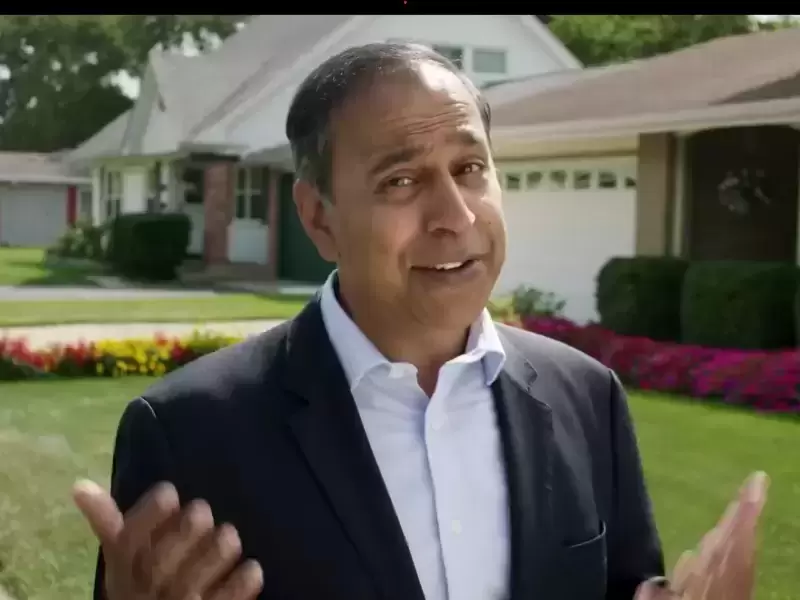


Comments
Start the conversation
Become a member of New India Abroad to start commenting.
Sign Up Now
Already have an account? Login